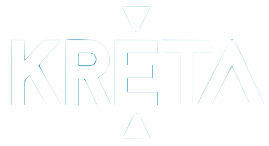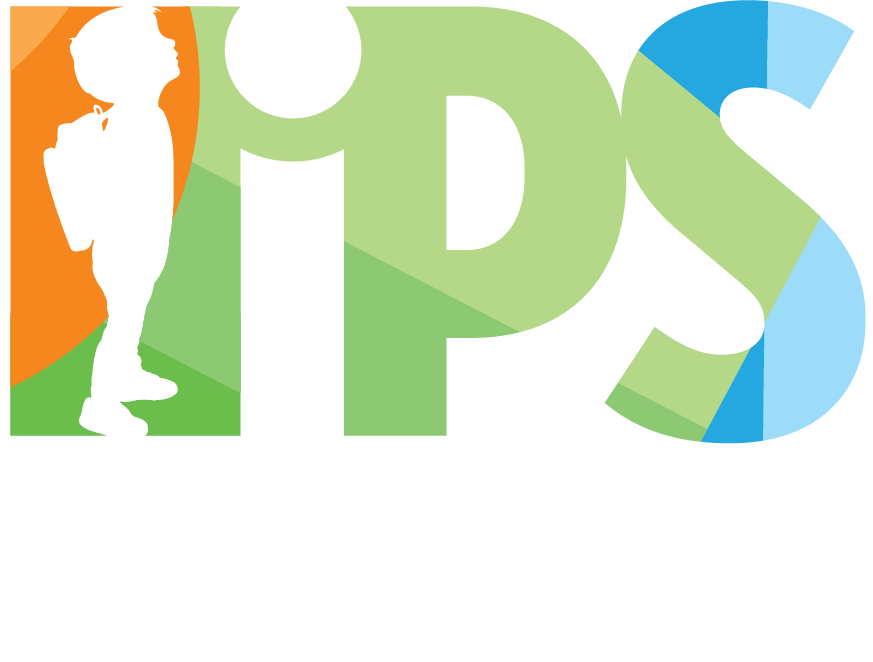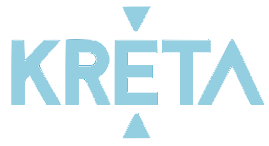Language teaching
ENGLISH
English is the main language of instruction at our school.
Grade 1 students learn to read and write in English through Literacy lessons. By the end of Grade 2, they become confident readers, meeting the expected reading level of average native English-speaking second graders in English-speaking countries.
Assessments, Evaluation, and Measuring Progress
Students complete three English assessments each year: in September/October, January, and May/June. These tests help determine each child’s overall progress throughout the school year and are based on the UK SATS exams. To help students reach their full potential, we set individual targets for them based on their performance in the most recent SATS.
From Grade 4, students read at least one novel per year, increasing to two novels from Grade 6. The upper school English curriculum includes contemporary literature, drama, media, and poetry. By the end of Grade 8, students will have read a Shakespeare play, a 20th-century play, and various media texts.
English as Part of Our Curriculum
The Heads of Lower and Upper Primary are responsible for ensuring that all teachers follow the curriculum and syllabi creatively, allowing for steady student progress. Within IPC and IMYC, Language Arts is composed of three main components: Language Application, Language Syntax, and Language and Communication. Students develop increasingly complex skills through the study of age-appropriate texts (written, visual, oral, and digital) as they progress from Milepost 1 to the IMYC.
Since English is not taught as a foreign language but as a first or second language, 5–6 English and Conversational English lessons per week are integrated into the timetable to ensure that students meet the appropriate standards set by the UK National Curriculum for Key Stage 1 (ages 5–7), Key Stage 2 (ages 7–11), and Key Stage 3 (ages 11–14).
We use textbooks published by Oxford University Press and the Core Knowledge Foundation.
Goals for English Proficiency
In Lower Primary, the goal is for students to pass the British Key Stage 1 SATS in Grades 2 and 3 and the Key Stage 2 SATS in Grade 5.
In Upper Primary, students are prepared to successfully complete the Key Stage 3 SATS by age 14. At this stage, they are also expected to pass an advanced-level international English language exam.
Conversational English / Ethics
Conversational English is taught by a native English-speaking teacher. The syllabus for Conversational English, created by the subject teacher, focuses on developing the personal goals defined by the IPC and IMYC. As such, this subject also meets the curriculum requirements for Ethics.
HUNGARIAN
Hungarian Language and Literature
At our school, all subjects are taught in English, except for Hungarian language and literature. Even as an international school, we place great importance on the language of the country in which we live and work. The majority (65%) of our students are native Hungarian speakers. Furthermore, knowledge of Hungarian is essential for admission to higher education institutions in Hungary. This is why Hungarian is included in our curriculum.
We also ensure that our international students can learn Hungarian as a foreign language, with support provided through in-class differentiation or the formation of smaller learning groups, especially for those who join us later in the school year or plan to stay for only a few years.
To ensure our students can transfer to state schools and meet Hungarian admission requirements, we have developed a local curriculum based on the Hungarian National Core Curriculum (NAT). We use Mozaik Publishing textbooks, written and edited by independent and experienced educators.
In Grade 1, students learn to read and write using the 44 letters of the Hungarian alphabet. This is also when they build the foundations for confident handwriting and expressive reading. Later, basic grammar concepts are introduced, improving communication and comprehension skills.
From Grade 2, grammar takes on a more prominent role, and students begin reading longer, more complex texts.
In Grades 3 and 4, students begin writing texts independently in Hungarian. These lessons develop written and oral communication skills while teaching basic text types and their structure.
In Upper Primary, students deepen their knowledge of Hungarian and explore the grammar system more thoroughly. They are also introduced to various text analysis techniques and learn to write longer and more coherent texts, including stories and essays.
In Grade 8, students are prepared for high school entrance exams.
Throughout their eight years at Szeged IPS, children learn to express themselves thoughtfully in both written and spoken Hungarian. They also read and process many works of literature, gaining a deep understanding of how the Hungarian language works. Our main goal is for students to enjoy what they learn, with lessons that maintain interest through creativity and variety. We use a wide range of teaching methods to achieve this.
Second Foreign Language
Hungarian Language and Literature is not mandatory for international students. They may attend Hungarian as a Foreign Language lessons instead.






